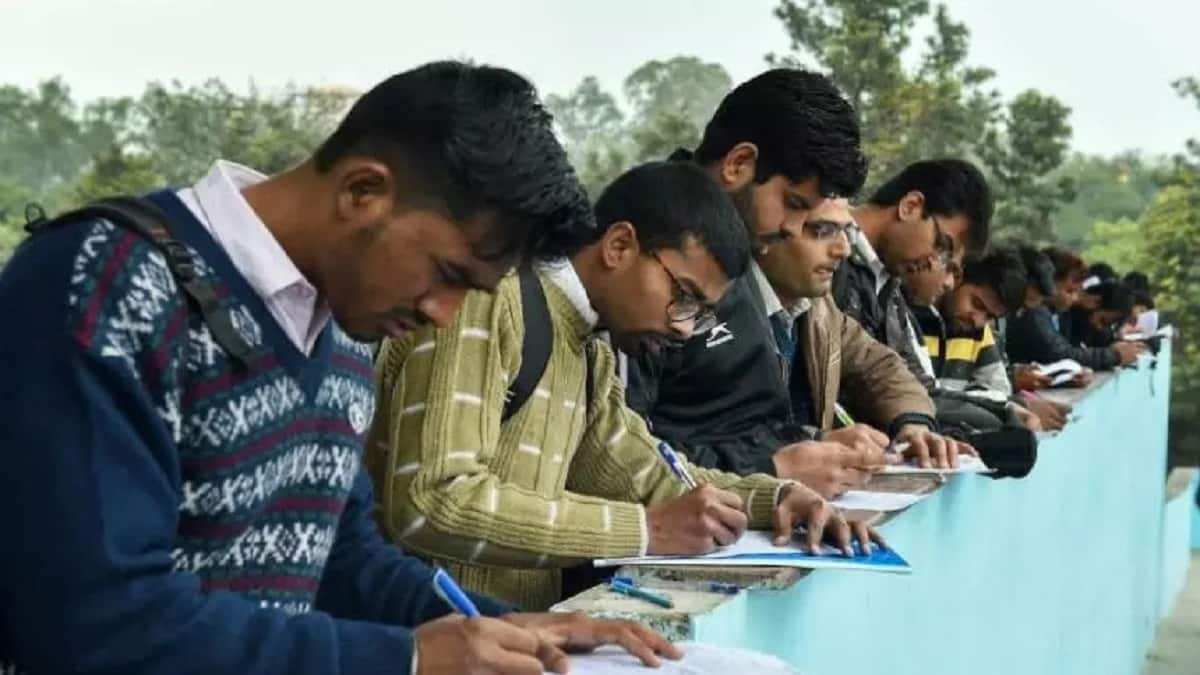Draft UGC regulations lift cap on contract teacher hiring, tighten control on VC appointments
Anu Parthiban | January 6, 2025 | 05:57 PM IST | 4 mins read
UGC faculty recruitment rules: The new regulations are silent on leave, teaching days and work-load distribution of teachers. Revised guidelines for teaching posts at HEIs here.

NEW DELHI: The Union education minister Dharmendra Pradhan today launched the draft UGC regulations for faculty recruitment in higher educational institutions (HEIs). In major changes, the new norms do not specify a cap on contractual teacher appointments and it allows heads of industry, PSUs to apply for vice-chancellor recruitment.
The University Grants Commission (UGC) has revised the faculty recruitment rules for more flexible, aspirational, and multidisciplinary-focused norms aligning with National Education Policy (NEP 2020) and National Credit Framework (NCrF).
During a press conference, education minister Dharmendra Pradhan released the draft UGC Regulations on Minimum Qualifications for Appointment of Teachers and Academic Staff in Universities and Colleges, Regulations, 2025.
The new regulations are also silent on leave, teaching days and work-load distribution of teachers. It does not seem to explicitly require that the PhD degrees of potential recruits be earned in the regular mode. The 2018 regulations did.
The 2018 UGC faculty recruitment regulations had capped contract teacher appointments to 10% of the total number of faculty posts. However, the new regulations do not specify a cap for contractual appointments, instead it states that they should be hired "for a maximum period of six months, only when it is essential". On the other hand, the draft regulations state that the number of Professors of Practice "should not exceed 10% of the sanctioned posts in a HEI".
Eligibility for faculty recruitment
The direct recruitment to the posts of assistant professor, associate professor and professor in the higher educational institutions (HEIs) will be based on merit, followed by selection by a duly constituted selection committee.
If the subject chosen in 4-year UG (NCrF level 6) or postgraduate (PG) programme (NCrF level 6.5/7) is different from the chosen discipline in PhD, the subject in which a candidate obtained PhD shall be considered eligible for appointment. A relaxation of 5% marks has been allowed at the UG or PG levels for SC, ST, OBC-Non-creamy layer, EWS, PwD categories.
The new rule encourages candidates with one or more educational qualifications in the Indian language to apply for faculty recruitment. “Publication of book chapters and books in Indian languages may be encouraged,” it added.
Also read West Bengal university chancellors should have strong academic, non-political backgrounds: Academics
Eligibility for vice-chancellor post
The draft “UGC (Minimum Qualifications for Appointment and Promotion of Teachers and Academic Staff in Universities and Colleges and Measures for the Maintenance of Standards in Higher Education) Regulations, 2025” has also revised the recruitment process for vice-chancellor post.
For the vice-chancellor post, candidates should have “a minimum of ten years of experience as (i) a Professor in an HEI or (ii) at a senior level in reputed research or academic administrative organizations or (iii) at a senior level in industry, public administration, public policy and/or public sector undertakings, with a proven track record of significant academic or scholarly contributions”, the new UGC guidelines read.
Earlier, the search-cum-selection committee would recommend a list of names for VC post to the Visitor or Chancellor, who would then select. Now, the selection panel itself will be chaired by the Visitor's nominee. Another member will be a nominee of the UGC and the third member will be an appointee of the apex body of the university. The role of Governors in higher education has led to several conflicts in West Bengal, Kerala, Maharashtra, and Odisha in the recent years.
The search-cum-selection committee will shortlist the candidates and interact with them to prepare a panel of 3-5 names for submission to the Visitor or Chancellor. The Visitor of the university will appoint the vice-chancellor out of the panel of names recommended.
The VC shall hold office for a term of five years from the date on which he or she takes charge of the office or until he or she attains the age of seventy years, whichever is earlier.
The statutory body has also constituted an enquiry committee to look into the violations. If any institute is found to have violated the rules, it will be debarred from participating in UGC schemes, offering degree, ODL and online mode programmes. Such universities will be removed from the list of HEIs maintained under Sections 2(f) and 12B of UGC Act 1956, it added.
Faculty Recruitment: 9 areas of contribution
The UGC has given 9 areas of contribution to be considered by the selection committee for recruitment and promotion of university and college teachers.
- Innovative Teaching Contribution
- Research or Teaching Lab Development
- Consultancy or Sponsored Research funding as a Principal Investigator or Co-Principal Investigator;
- Teaching contributions in Indian languages;
- Teaching-Learning and Research in Indian Knowledge System;
- Student Internship / Project Supervision;
- Digital Content Creation for MOOCs;
- Community Engagement and Service;
- Startup, as per the intellectual property policies of the HEI, registered with the Registrar of Companies (ROC) as a founding promoter, successfully raising funding through government, angel or venture funds to support the startup.
Follow us for the latest education news on colleges and universities, admission, courses, exams, research, education policies, study abroad and more..
To get in touch, write to us at news@careers360.com.